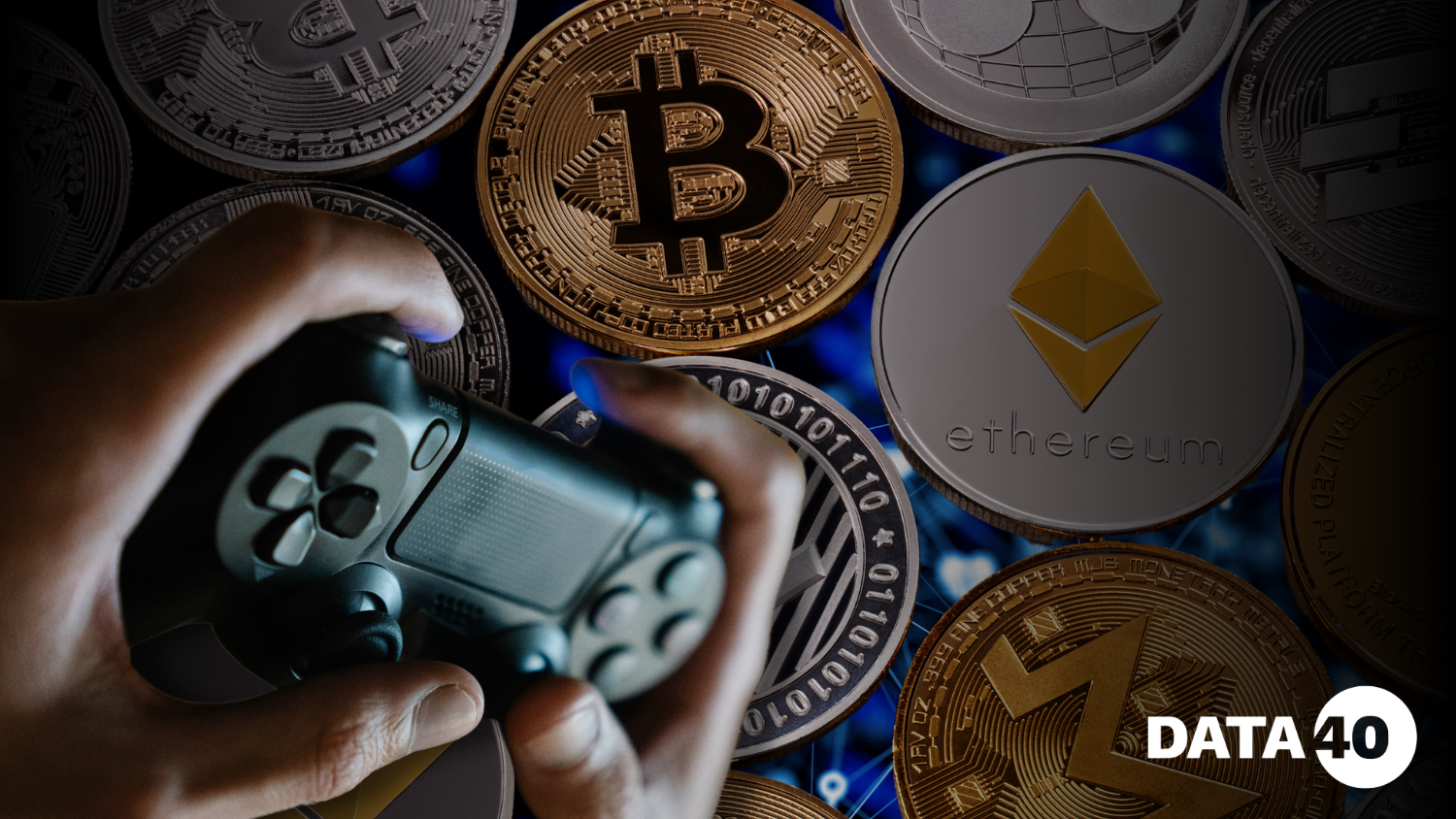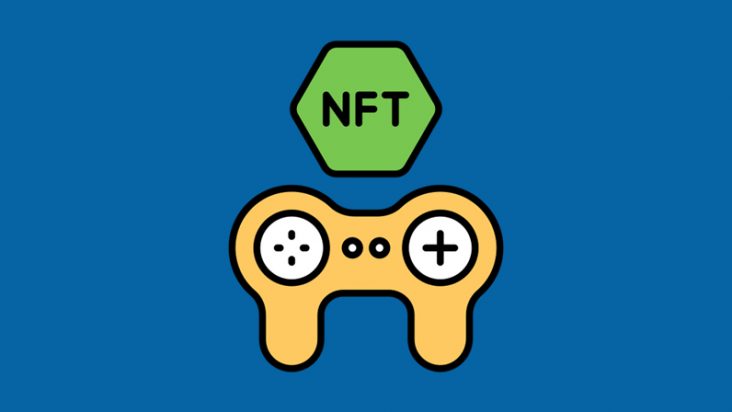
Play-to-Earn (P2E) games continue to gain popularity in 2024, offering players the opportunity to not only enjoy gameplay but also earn rewards through in-game activities. Most of these games are built on blockchain technology, providing decentralized economies and secure transactions. In this article, we will explore which blockchains dominate the P2E industry and how various in-game economic models influence the popularity of games in the second quarter of 2024.

Blockchains with the Most Growth and Active Games
In Q2 2024, several key blockchains saw an increase in the number of active P2E games. Based on the number of active games, the following platforms stand out as leaders:
- Binance Smart Chain (BSC)
BSC hosts a significant number of P2E games and continues to dominate the market due to its low fees and high transaction speed. This makes it an attractive choice for both developers and players. - Ethereum (ETH)
Ethereum remains a popular platform for P2E games, despite its higher transaction fees. Its strong security and well-established smart contract ecosystem keep it competitive in the market. - Polygon (MATIC)
Polygon is a favored platform among developers due to its low transaction costs and integration with Ethereum, making it ideal for scalable game development. - WAX
WAX (Worldwide Asset eXchange) has established itself as a key player in the P2E market, especially in the NFT gaming segment. Its focus on digital asset trading attracts developers and players alike. - Solana (SOL)
Solana is known for its fast blockchain platform, which appeals to developers creating complex games with numerous transactions. Its high throughput and low fees make it a strong choice for P2E projects. - Avalanche (AVAX)
Avalanche is gaining traction among P2E games that require fast and secure transactions. Its architecture supports quick deployment of smart contracts, making it increasingly popular in the industry. - Bitcoin (BTC)
Although Bitcoin has traditionally not been used for gaming, the development of second-layer solutions and the introduction of smart contracts are expanding its functionality, allowing it to host P2E games. - WEMIX
WEMIX, particularly popular in Asia, is a blockchain specifically designed for P2E games. Its user-friendly approach and focus on player convenience are driving its growth in the gaming sector. - Klaytn (KLAY)
Klaytn continues to grow as a platform for decentralized applications, especially in Asia. It supports various economic models in the P2E space, providing developers with flexibility. - TRON
TRON focuses on decentralized entertainment, including P2E games with earning models based on smart contracts, making it a key player in the gaming industry.
Economic Models in P2E Games
The economic models within P2E games continue to evolve and have a significant impact on their popularity. In Q2 2024, several key models stand out:
- Free-to-Play (F2P) with NFT Earnings
Games like Gods Unchained and Illuvium offer players free entry with the ability to earn and trade NFTs. This model makes games accessible to a wide audience, promoting high player engagement. - Stake-to-Play (S2P)
Games such as Axie Infinity require initial investments in the form of purchasing in-game assets. These assets can be used for both gameplay and earning, making this model risky but potentially highly profitable. - Play-and-Earn (P&E)
In games like The Sandbox, players earn tokens by completing tasks and participating in events. This model makes the gaming experience entertaining while also providing monetization opportunities. - GameFi with DeFi Elements
In projects like DeFi Kingdoms, decentralized finance (DeFi) elements are integrated into the gameplay. Players can earn income through staking, liquidity provision, and other financial mechanisms tied to game tokens.
The Impact of Economic Models on Game Popularity
The popularity of P2E games largely depends on the chosen economic model. Games with low barriers to entry, such as F2P projects, attract more players due to accessibility. However, more complex and riskier models like Stake-to-Play appeal to experienced players who are willing to take risks for high rewards.
Looking Ahead
P2E blockchain games continue to expand, with blockchains like BSC, Ethereum, and Polygon leading the industry in 2024. The economic models used in games range from free entry with NFT earnings to complex GameFi financial systems, allowing each project to attract its unique audience.








